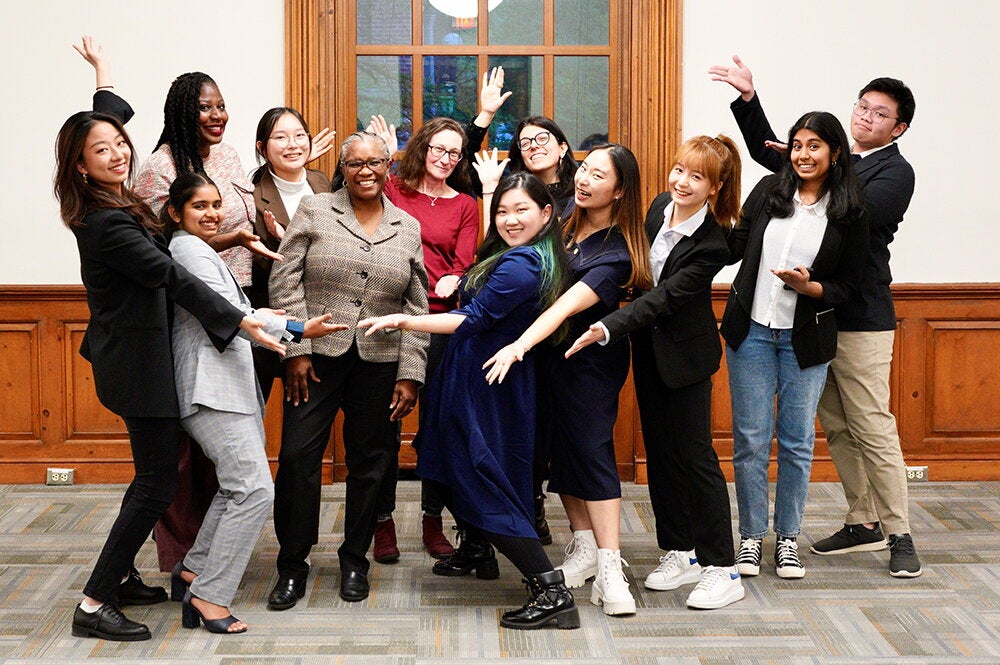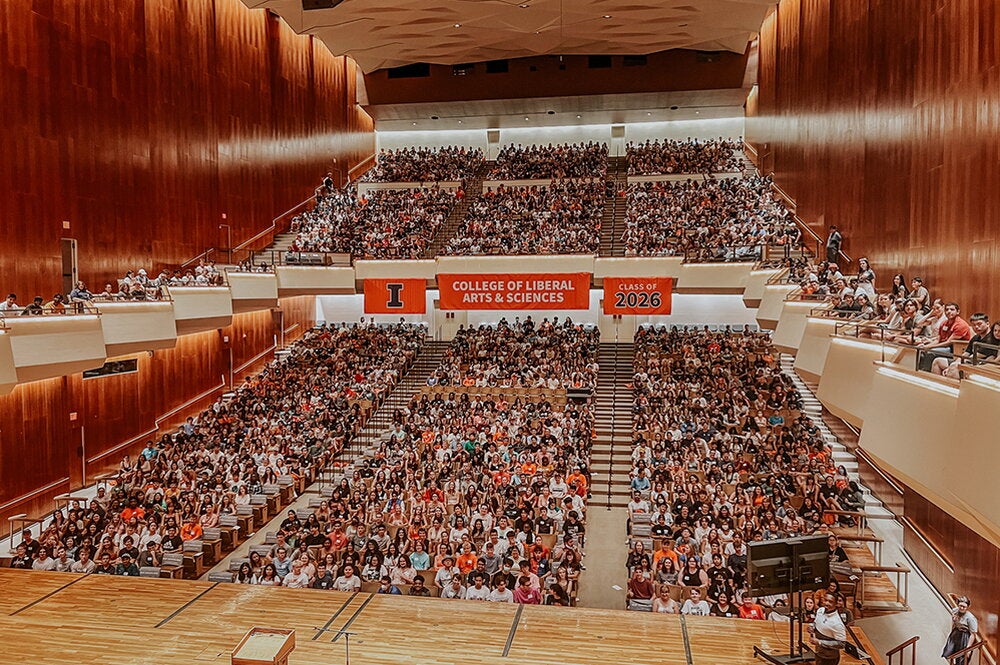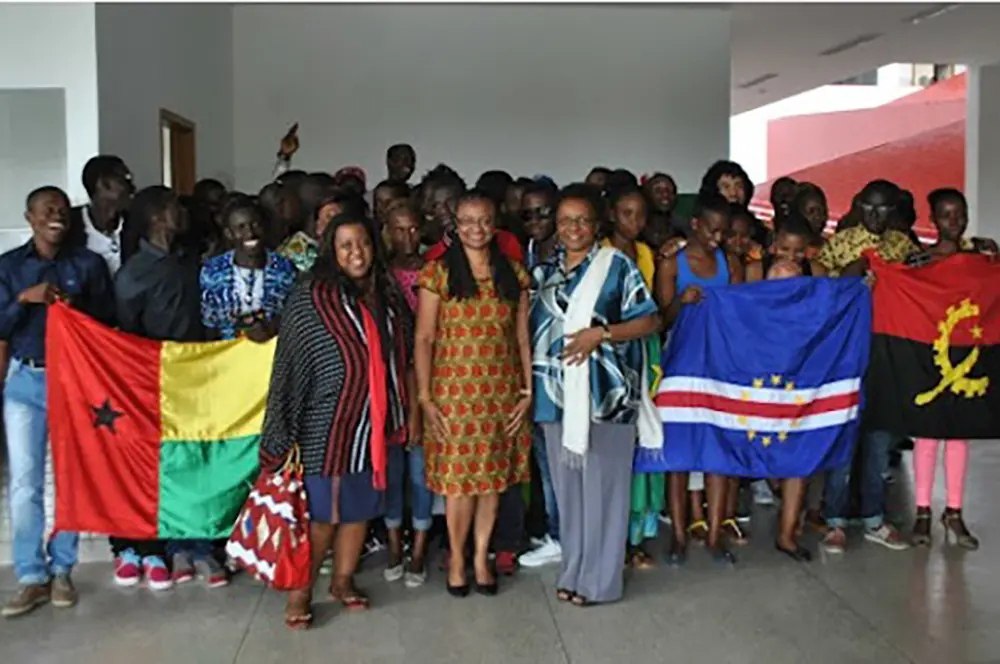
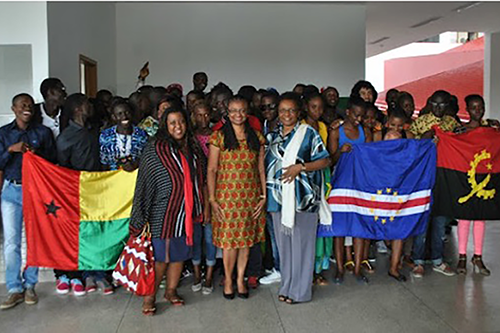
The Global Classrooms program in the College of LAS allows students to take courses with students and professors abroad to gain a better understanding of themselves and the world around them.
The program, which started as an independent initiative in 2021, allows students and U of I faculty to collaborate virtually with classrooms in distant countries. Roman Friedman, a global learning specialist for LAS who coordinates the program, said that multiple elements come together to make the collaborations fruitful.
He said the program finds times when the U of I global classrooms course overlaps with the partner course abroad. Professors and instructors then decide how they want to run their course and how to coordinate with their colleagues abroad.
Friedman said that goal is to take a pre-existing UIUC course and adapt it so that it's a collaborative experience with an international cohort of faculty and students. He added that it’s another opportunity for students who may not be able to participate in a physical study abroad program to benefit from an international experience.
“Aside from this being just a fun new experience for instructors and students, I think it also reshapes the way we think through pedagogy and also kind of brings a new perspective to the content that each instructor is teaching,” he said.
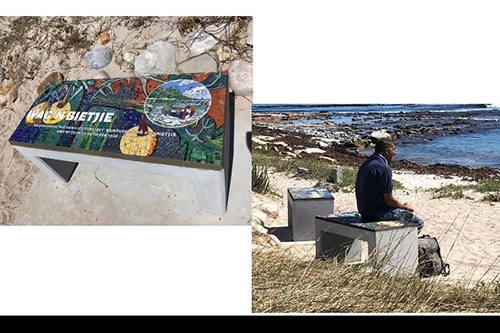
The program is optional, but faculty members said that there are benefits in taking these courses. José Andino Martínez, a senior lecturer of chemistry, has partnered through the Global Classrooms program with a professor at the University of El Salvador and a professor at the Federal University of Itajubá in Brazil to run a chemistry course.
In the course, students learn the differences between the U.S. and other countries in terms of how science is taught. The students use WhatsApp, a messaging application, to communicate with their classmates abroad. They meet five times during the semester via Google Meet or Zoom.
Andino Martínez said students in his U of I class are responsible for creating their own questions, gathering information, initiating contact with the students and professors abroad, and reporting what they have learned about education abroad.
There are currently six LAS courses taking part in Global Classrooms for the Fall 2022 semester. Friedman said the program includes training, workshops, and work sessions for faculty at the U of I and abroad so the program runs smoothly and everyone understands the technology that is required.
“You’re now treating learning as an experiential activity in partnership with others who aren’t like you, with people who are speaking different languages, who come from different places, and who have an entirely different perspective,” said Friedman. “And in that same class that you might be learning in an American institution, you are now adding a cross-cultural perspective.”
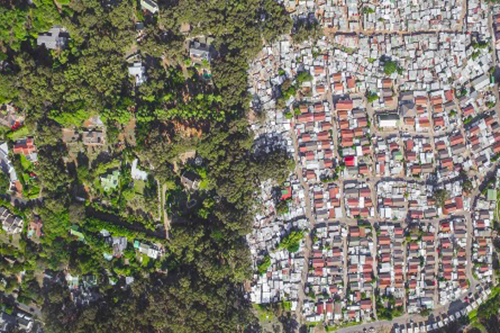
Billy Huff, a lecturer in the Department of Communication, taught Communication 432: Gender Communication in the Spring 2022 semester through the Global Classrooms program, and he plans to teach it again in Spring 2023. He collaborated with the University of the Western Cape in Cape Town, South Africa.
“One of the objectives of the course is to understand how gender is a product of colonization and also to understand the reach of U.S. imperialism around the world,” Huff said. “It’s one thing to read about that in a book but it’s another thing to actually have conversations with people in the global South. To understand it that way was a lot more hands-on and made it more real to students.”
The prompt for the Spring 2022 course was how the COVID-19 pandemic affected intersectional gendered life. The U of I students were split into groups with students in South Africa to work on a digital photo project and create group presentations. The classes met synchronously over Zoom a couple of times, and the students would also meet on Zoom with their groups separately.
“They take their photos and write their narratives and share them with their group members. Half their group members are in South Africa and half of them are in the U.S.,” said Huff. “And they analyze each other’s photos and stories and they synthesize them into a presentation focusing on differences and similarities and what they have to learn from each other.”
Huff said he received positive feedback from students who stated that they were able to get new perspectives.
“The pandemic affected study abroad in such drastic ways. To be able to have students still get an experience of working with South African students and understanding something about South Africa without actually having to travel there is as close as one can get to a study abroad experience—and certainly far cheaper,” Huff said.
The program includes some courses outside of LAS. Ken Salo, a clinical assistant professor, teaches Urban Planning 160: Race, Social Justice, and Cities. For the Global Classrooms project, Salo is collaborating with a cultural anthropologist, professor Ricardo Nascimento, from the University for International Integration of the Afro-Brazilian Lusophony in Redenção, Ceará, Brazil, and a geographer, professor Greg Ruiters from the University of the Western Cape in Cape Town, South Africa.
“The key part was to engage faculty and students in a dialogue about contemporary expressions and experiences of racism, particularly [in] segregated cities,” Salo said. “During the pandemic, I think a lot of the students were aware and some of them even participated in the historic protests against the killing of George Floyd.”
So far, students at U of I and those abroad have exchanged introductory video profiles asynchronously. There is a plan for the students to meet on Zoom.
“I’m a strong advocate especially for American students to develop dialogue with international students so they can see different perspectives of similar issues,” Salo said. “To give them an international experience and also help them understand how students elsewhere are fighting against racism and particularly racialized segregation of the city and educational opportunities is important.”
